Different Types of Glass for Windows & Doors
Windows and doors not only play a crucial role in the aesthetics of a home, but they also have a significant impact on energy efficiency, safety, and security. Selecting the right type of glass is vital to meeting these requirements. This article covers various types of glass for windows and doors, highlighting their unique characteristics and benefits.
Float Glass
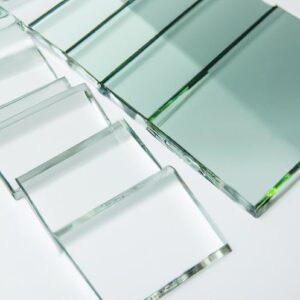
Float glass is the most common type of glass used in windows. It is made by floating molten glass on a bed of molten metal. This gives the glass a smooth surface with no distortion. Float glass can be made in different thicknesses and is available in clear or tinted options.
Toughened Glass
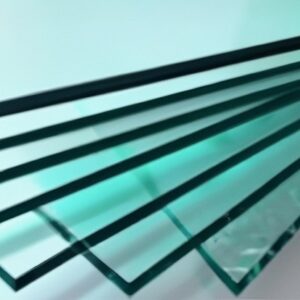
Laminated Glass
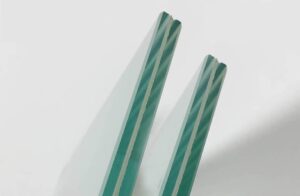
Laminated glass is two or more pieces of glass that are bonded together with a layer of plastic in between. This makes the glass stronger and less likely to break. Laminated glass is often used in car windshields, skylights, and store fronts.
Low E Glass
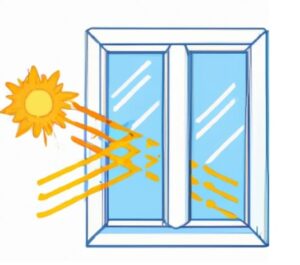
Low E glass is a type of glass that has a thin coating of metal oxide on the surface. This helps to reflect heat and keep your home cool in the summer and warm in the winter. Low E glass is an energy efficient option for windows.
Frosted Glass

Frosted glass is a type of privacy glass that has a frosted finish. This makes it difficult to see through, making it a good option for bathrooms and bedrooms. Frosted glass can also be used in office partitions and store fronts.
Reflective Glass
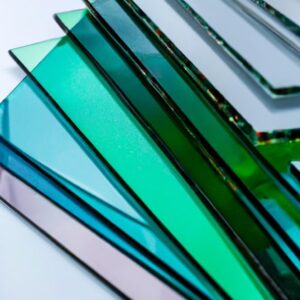
Fluted Glass
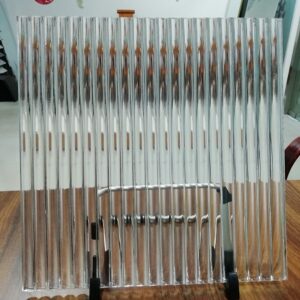
Fluted glass is a type of glass that has been treated to create a textured surface. This can be done with different patterns and designs. Fluted glass is often used in decorative applications such as lamps, vases, and wall art.
Textured Glass
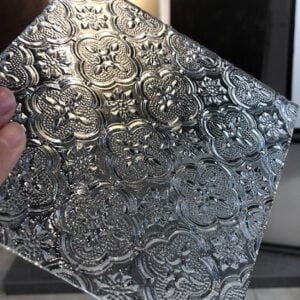
Textured glass is a type of glass that has been treated to create a textured surface. This can be done with different patterns and designs. Textured glass is often used in decorative applications such as lamps, vases, and wall art.
Bevelled Glass
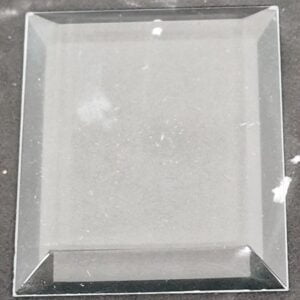
Bevelled glass is a type of glass that has been cut at an angle to create a beveled edge. This can be done with different widths and depths to create different designs. Bevelled glass is often used in decorative applications such as mirrors, picture frames, and wall art.
Extra Clear Glass
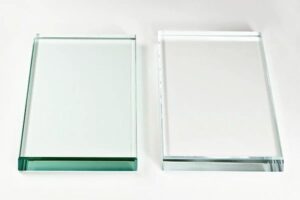
Extra clear glass is a type of float glass that has a lower iron content, which gives it a higher level of clarity. This makes it a good choice for windows where you want to have a clear view, such as in a storefront window.
Acoustic Glass
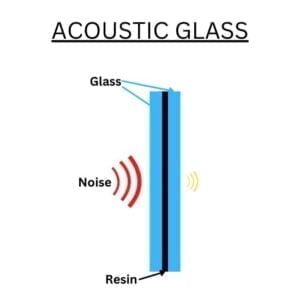
Acoustic glass is a type of glass that is designed to reduce the amount of noise that can pass through it. It is made by adding a layer of material between two layers of glass that helps to absorb sound.
Self Cleaning Glass
There are various types of glass available for windows and doors, each with its unique characteristics and benefits. Consider factors such as safety, energy efficiency, aesthetics, and privacy when selecting the appropriate glass type for your specific needs. By understanding the differences between these glass types, you can make an informed decision that best suits your requirements.
FAQ
Double glazing and Low-E glass are the best options for energy efficiency. Both types help reduce heat transfer, maintaining a comfortable indoor temperature and lowering energy costs.
Toughened and laminated glass are the top choices for safety and security. Toughened glass is stronger than regular glass, while laminated glass holds together even when shattered, providing enhanced protection.
Acoustic glass and double glazing are the most effective options for soundproofing. Acoustic glass, with its interlayer, helps dampen sound vibrations, while double glazing, with its gas-filled spacer, acts as a barrier to reduce sound transmission.
Yes, Australian building codes and standards dictate the use of specific glass types in buildings to ensure safety, energy efficiency, and structural integrity. The National Construction Code (NCC) and the Australian Standards provide guidelines for glass selection and installation. Some key standards to consider include:
- AS 1288: Glass in Buildings – Selection and Installation
- AS 2208: Safety Glazing Materials in Buildings
- AS 2047: Windows and External Glazed Doors in Buildings
- AS/NZS 4666: Insulating Glass Units
In addition to these standards, the Building Sustainability Index (BASIX) is a critical aspect of building regulations in New South Wales. BASIX aims to reduce water and energy consumption in residential buildings through specific requirements for new homes, alterations, and additions. The choice of glass can significantly influence the building's thermal performance, which directly affects the BASIX assessment.
It's crucial to consult with local authorities or a professional contractor to ensure compliance with these codes, standards, and BASIX requirements when selecting and installing glass for windows and doors in Australia.
The thickness of glass required for different applications can vary based on several factors, including the size of the glass, its location, and its intended use. To ensure safety and compliance with building regulations, it's important to choose the appropriate glass thickness. We've made it easy for you to determine the ideal glass thickness for your specific needs with our interactive Glass Thickness Calculator. Simply select the application type, such as doors, windows, or balustrades, and enter the maximum dimension of your glass to receive a recommendation. Try our glass thickness calculator now to find the perfect glass thickness for your project.

Khalil is the owner of Splendid Window Glass Repairs and has over 8 years experience as a glazier specialising in window glass repair, replacement and installations. Khalil takes great pride in his work and prides himself on providing an excellent service to all of his customers, no matter how big or small the job may be.
